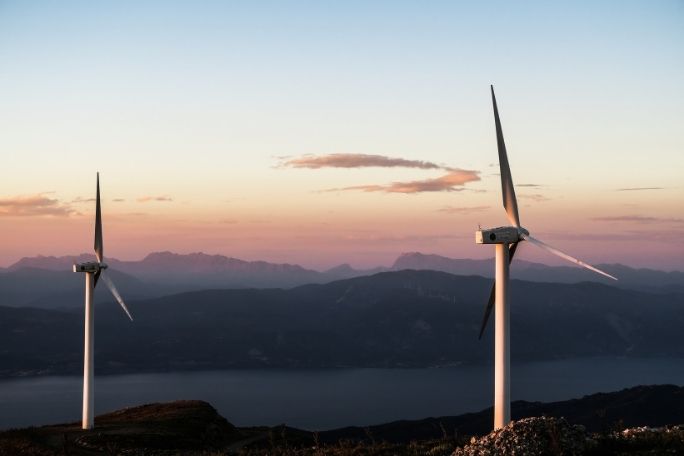Lesson summary
In this activity students look at a range of energy resources and make assessments about their suitability for use in Australia in the context of climate change. Students begin by brainstorming energy resources and environmental impacts, and then work in groups to research one type of energy resource in detail. They present their findings to the class, and working as a class vote for their preferred future energy resources. This lesson meets selected Australian Curriculum outcomes for Years 7 and 8 in the subject of Science.
Learning intentions:
Students will...
- understand that there are a range of energy resources
- recognise that energy can have significant impacts on our environment and can contribute to climate change and global warming
- understand that there are energy alternatives that have lower environmental and climate impacts.
Lesson guides and printables
Curriculum links
Select your curriculum from the options below.
Lesson details
Curriculum mapping
Australian Curriculum content descriptions:
Year 7 Science:
- Some of Earth’s resources are renewable, but others are non-renewable (ACSSU116)
- Identify questions and problems that can be investigated scientifically and make predictions based on scientific knowledge (ACSIS124)
- Communicate ideas, findings and solutions to problems using scientific language and representations using digital technologies as appropriate (ACSIS133)
Year 8 Science:
- Energy appears in different forms including movement (kinetic energy), heat and potential energy, and causes change within systems (ACSSU155)
- Science and technology contribute to finding solutions to a range of contemporary issues; these solutions may impact on other areas of society and involve ethical considerations (ACSHE135)
- Communicate ideas, findings and solutions to problems using scientific language and representations using digital technologies as appropriate (ACSIS148)
Year 7 English (Homework):
- Plan, draft and publish imaginative, informative and persuasive texts, selecting aspects of subject matter and particular language, visual, and audio features to convey information and ideas (ACELY1725)
Year 8 English (Homework):
- Create imaginative, informative and persuasive texts that raise issues, report events and advance opinions, using deliberate language and textual choices, and including digital elements as appropriate (ACELY1736)
Syllabus Outcomes: EN4-4B, SC4-4WS, SC4-9WS, SC4-10PW, SC4-11PW, SC4-12ES.
Time required: 60 mins
Resources required
- Internet access
- Student Worksheet
- Black/white board (optional)
Additional info
This lesson has been created in partnership with WWF-Australia. Earth Hour is the world’s largest community-driven climate change campaign. At the centre of Earth Hour is switching off lights to show a commitment to taking action. Thousands of teachers use Earth Hour’s education program to enrich their curriculum and provide pathways for young people to create change in their world.
For the most up to date Earth Hour dates, times, and events, check here.


Welcome back!
Don't have an account yet?
Log in with:
Create your free Cool.org account.
Many of our resources are free, with an option to upgrade to Cool+ for premium content.
Already have an account?
Sign up with:
By signing up you accept Cool.org's Terms and Conditions(Opens in new tab) and Privacy Policy(Opens in new tab).